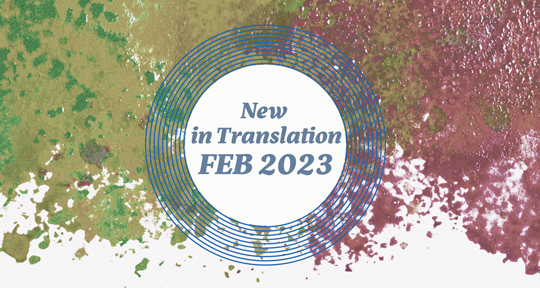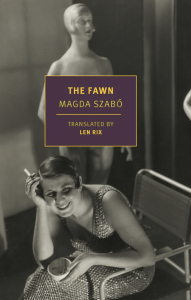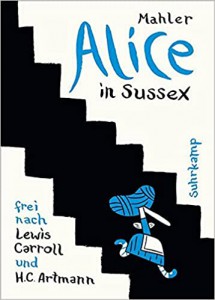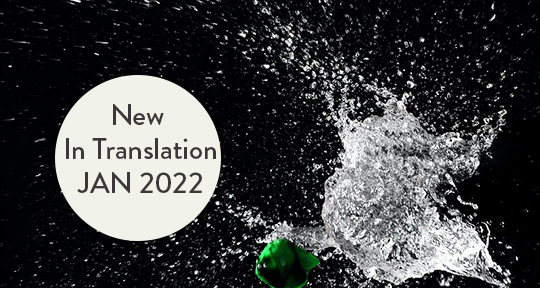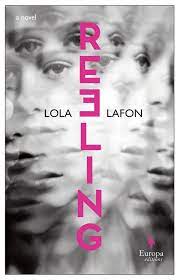In this week’s dispatches on world literature our editors-at-large bring news of secondhand book sales, prize winners, and self-published writers. From a conversations on freedom and creativity in Nairobi to a date with a book store in Hong Kong, read on to find out more!
Charlie Ng, Editor-at-Large, reporting from Hong Kong
The closing of UK-based online bookstore Book Depository in April was shocking news to book lovers across the world, including regular customers from Hong Kong. Despite the convenient availability of digital books, many readers still prefer print books for both practical reasons and tactile feelings. Besides the satisfaction of turning real pages, the circulation of books is also part of the cultural scene of a city. The annual charity secondhand book sale “Books for Love @ $10” campaign was held in late April at Taikoo Place this year. A wide range of books, from arts and literature to bestsellers and manga, were on sale for HKD$10 each. The House of Hong Kong Literature also organised a secondhand book bazaar from 2 to 5 May as a way of fundraising to promote Hong Kong literature. The secondhand books were donated by local writers and scholars, covering subject areas of literature, philosophy, history, arts, and social sciences.
But in the digital age, brick-and-mortar bookstores struggle to sustain themselves, especially in a city like Hong Kong that constantly faces high rent and inflation. For three consecutive weekends beginning 29 April, independent local bookshop Hong Kong Book Era is hosting the event “A Date with Bookstores”, in which representatives from different independent bookstores are invited to set up their tables in Hong Kong Book Era to introduce their styles and thematic recommendations to readers. Participants include local bookstores such as HKReaders, Humming Publishing, and Little Little Books, as well as independent publisher Typesetter Publishing. Meanwhile, two talks—one on independent publishing and one on the history of Hong Kong independent bookstores—were also held, on 6 May and 7 May respectively, in connection with the event. The speakers discussed the mutual reliance between independent publishing and bookstores, as well as the vicissitudes of the struggles of Hong Kong’s bookstores. READ MORE…


